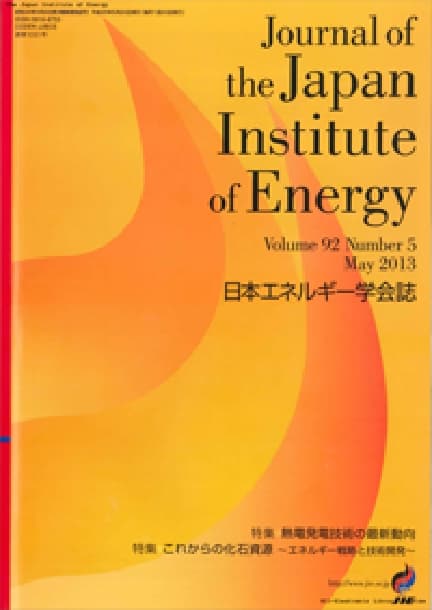情報形式に着目したコミュニケーション研究の統合的レビュー:エネルギー・環境問題への応用に向けて
中野 祐樹, 本藤 祐樹
pp. 254-262
DOI:
10.3775/jie.100.254抄録
The provision of information on energy and environmental problems has conventionally been based on the premise that people process information deliberatively and logically. However, it has been pointed out that the conventional methods have limitations, and it is necessary to turn attention to automatic and intuitive information processing. This paper focuses on three information formats, namely, narrative, vivid, and episodic information that can induce automatic and intuitive information processing and aims to examine their potential for use after a cross-sectional review of communication research related to the three formats. Although knowledge about each information format has been accumulated in different fields, it is important to have a bird’s eye view across the fields because there are many common points. The paper classifies the functions of these unconventional information into four categories: motivating processing, inducing simulated experiences, making topics personal, and evoking some emotions. It appears that these functions do not act independently but are interrelated and have different impacts on the receivers from the conventional information. Based on the cross-sectional review, this paper discusses how the four functions of the unconventional information can be utilized in energy communication.










